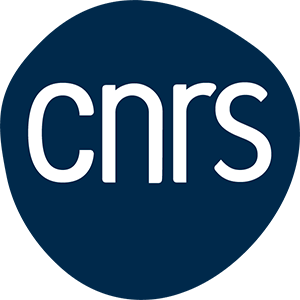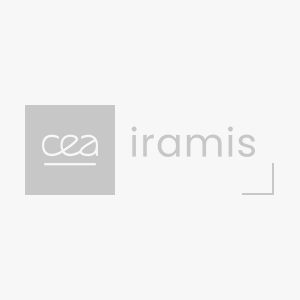As classical computers approaches the limits of Moore’s law, quantum technology is maturing to the point where quantum devices, such as quantum communication systems, quantum random number generators and quantum simulators, can be built with powers exceeding the performance of classical computers. A quantum annealer, in particular, finds solutions to hard optimization problems by evolving a known initial configuration towards the ground state of a Hamiltonian that encodes an optimization problem. In this talk I will present results from quantum annealing experiments on a 108 qubit device based on superconducting flux qubits. Correlations between the device and a simulated quantum annealer demonstrate that device performs quantum annealing which, unlike classical thermal annealing, exhibits a bimodal separation of hard and easy problems with small-gap avoided level crossings characterizing the hard problems. To assess the computational power of the quantum annealer we compare it to highly optimized classical algorithms, and discuss how quantum speedup could be detected on future devices scaled to a larger number of qubits. I will end with a discussion of what we can expect from the next-generation 512-qubit device.
A coffee break will be served at 11h00. The seminar will be given in English.
ETH Zürich, Switzerland




